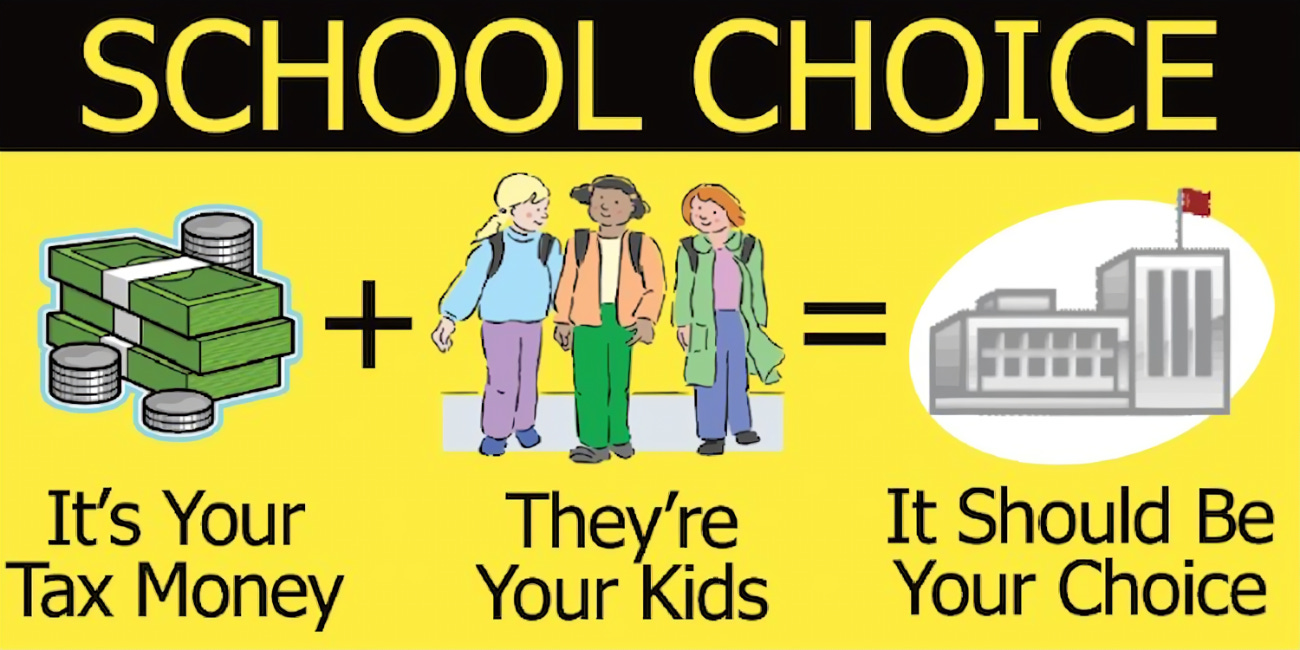The Current Demand
The government appears to be taking more notice of a demand by Blacks for reparations for generations-past slavery. They claim that since their ancestors started out in America as slaves, they have been irreparably and permanently harmed. I remember the first time I heard this demand. My thought at the time was—are you kidding me?
Let’s imagine America if we had never had slaves (or indentured servants, as in the pre-United States years). People would never have come to America from the small villages they had been born into. In those parts of Africa, starvation and disease were always threats; families kept having children to replace those who hadn’t survived infancy. Tribes competed for the limited resources. Life in Africa in the 17th and 18th century was extremely difficult. In some parts, it isn’t much better. Would anyone wish that their ancestors hadn’t made the difficult voyage here?
Who, How Much and From Whom?
Even if it were decided that we, the non-Black people of America, owed reparations to the descendants of slaves, how do we determine who gets the money? Would wealthy people like Oprah or the Obamas be expecting money from the many who are living at the edge of poverty? How much would we pay? Would people like my family owe anything, given that my ancestors weren’t in the US while slavery was legal? How many families emigrated during or after slavery was abolished? And what is the right amount?
The Land of Opportunity
Over the past few years, an unprecedented number of people have come to our country, some legally, but most illegally. They do this because of the substantial benefits we provide, but also, the opportunity. America is a country that rewards innovation, hard work and perseverance. It’s no “get-rich” scheme, but anyone has a chance to make it here, if they put in the effort. Having run my own business for eight years, I know how hard it is, but also, how rewarding.
No one has the right to equal outcomes because each of us puts in different amounts of effort. But we could improve our “opportunities” for those who are economically disadvantaged. The best way to do this is to offer better educational opportunities. I’m not speaking about the concept that everyone needs to go to college. This trope is being debunked rapidly, as we see sharp teenagers inventing apps and starting businesses. But we have to fix K-12.
The best way to do this is to empower parents, an idea whose time has finally come. Parents have witnessed the disaster of public education, even in schools deemed to be great. Each state allocates funds per student. Let’s give that money to the parents in a grant. They can use it at their public school, at private schools, at charters and even for home-schooling. Not only would this eliminate the bad school trap so many parents face because of where they live, but it would also encourage competition which makes everything better. Don’t believe me? If the government had invented cell phones, we would have some kludge of the flip phone and a Blackberry with infrequent enhancements.
Instead of reparations, money which can be quickly spent, give kids a real chance by offering nationwide school choice. This ensures kids get the start they need so they can challenge themselves and seek out opportunities. This one change would change everything, putting each child on a more equal footing. And it wouldn’t cost a cent. The government gives public schools X dollars per student. By taking that same money and letting parents direct it, you let the people who know their children best to pick the right educational vehicle.
If you’re interested in school choice options, I direct you to the work of Lance Izumi. There are other voices, but his books and movies really highlight both the problem with public schools and better options. See how it can work for even the most impoverished children who don’t have great support at home. Lance Izumi Books





I’ve seen where some municipalities have already started this on a local level.